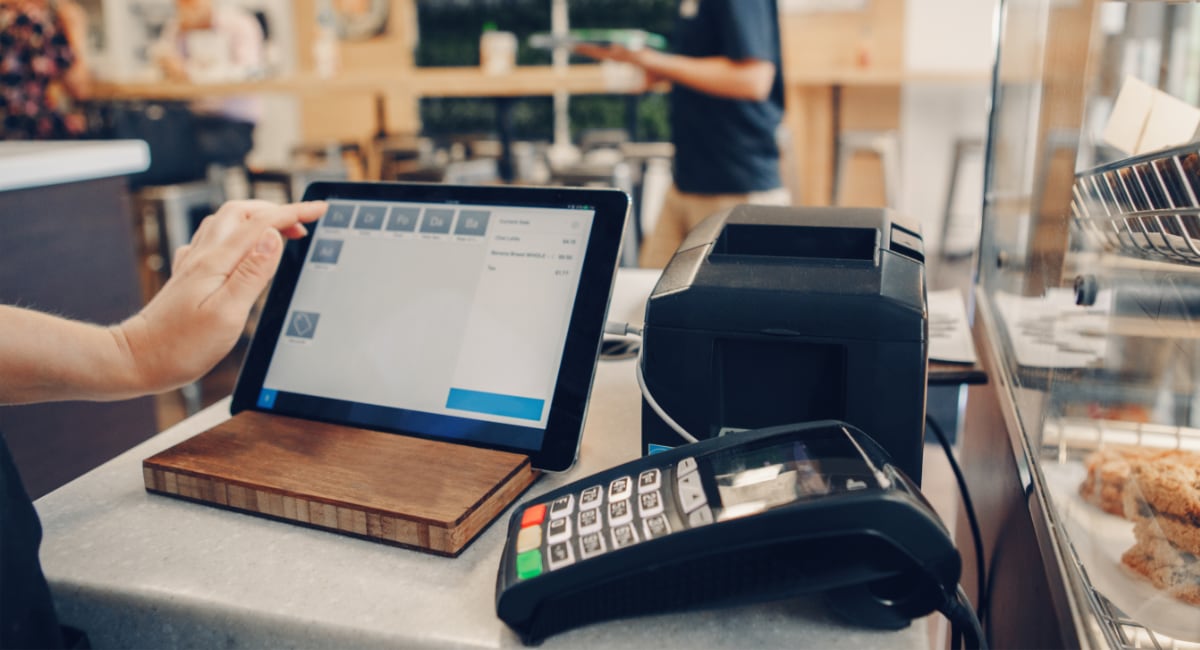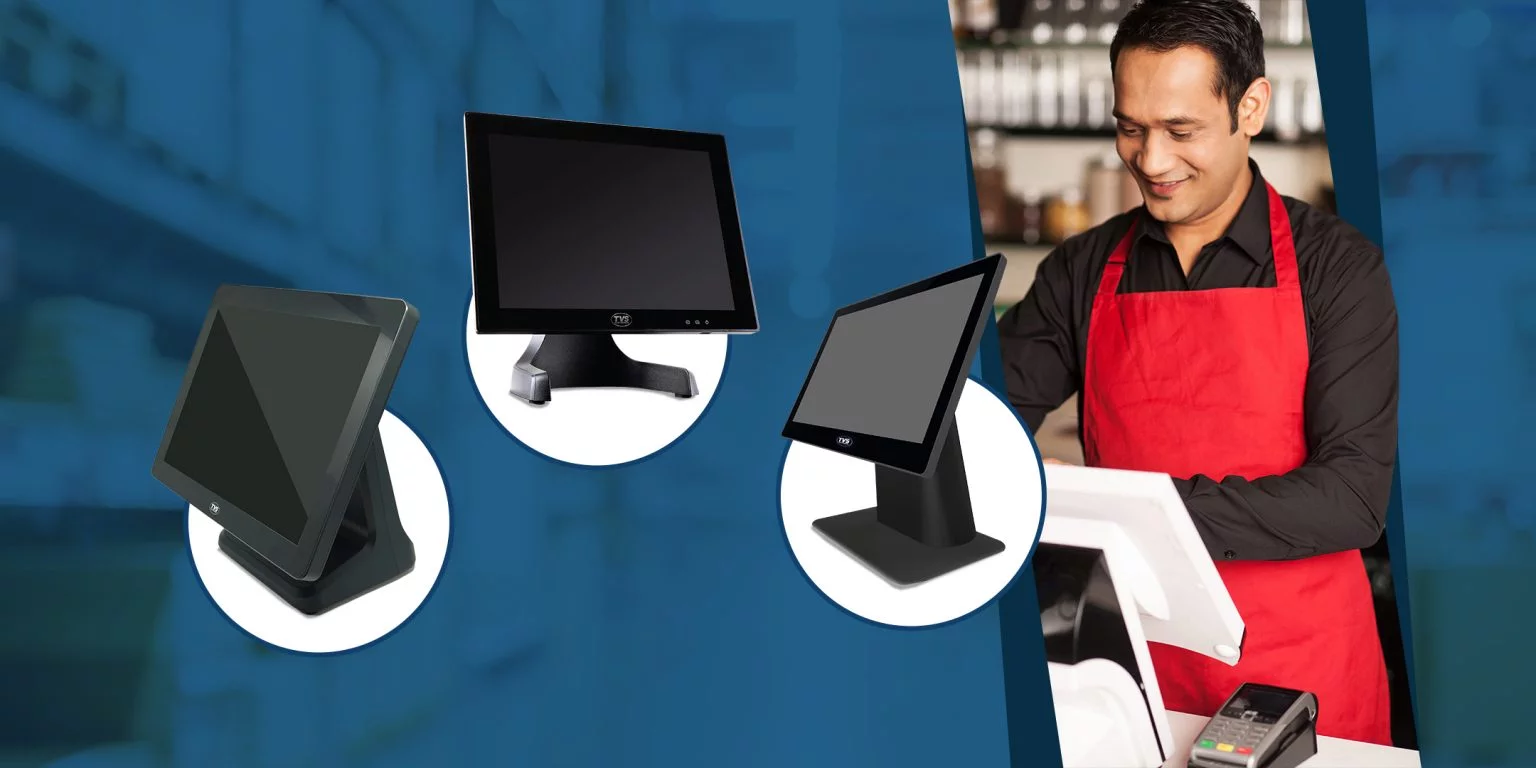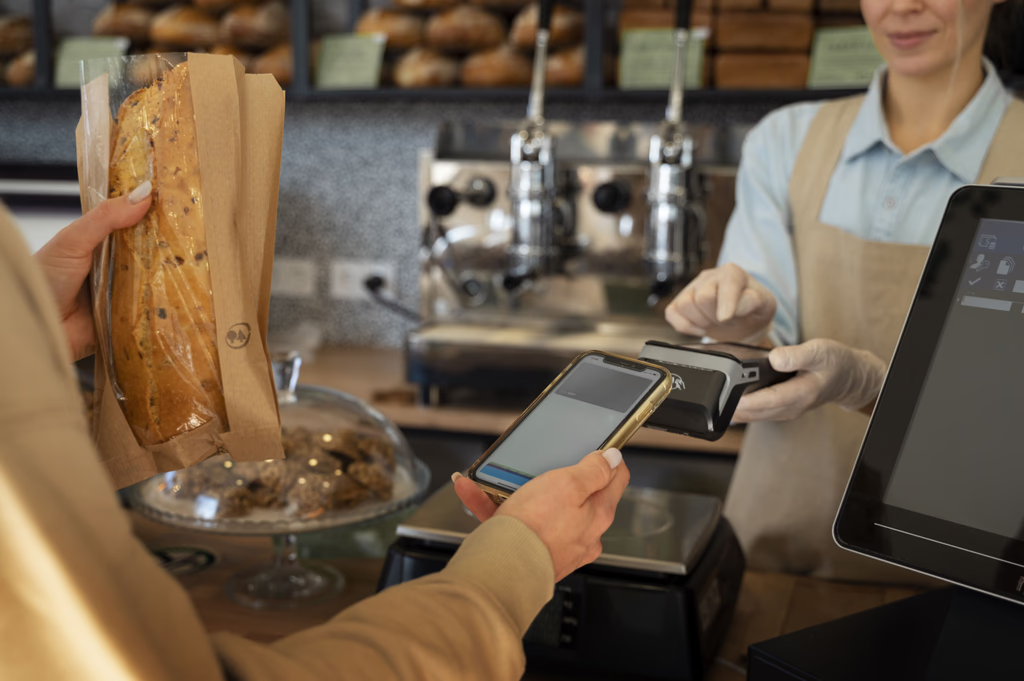POS Solutions for Healthcare: Streamlining Patient Transactions

The healthcare industry is rapidly evolving, and with it comes the need for more efficient payment processing and patient data management. Traditional billing and transaction methods can be slow, error-prone, and frustrating for both patients and healthcare providers. This is where modern Point of Sale (POS) solutions come into play. A healthcare-focused POS system can streamline patient transactions, improve operational efficiency, and enhance the overall patient experience.
In this blog, we will explore how POS solutions are transforming the healthcare sector and the key benefits they offer to medical practices, hospitals, and clinics.
The Need for POS Solutions in Healthcare
Healthcare providers often struggle with outdated billing systems that lead to long patient wait times, payment discrepancies, and administrative burdens. Common challenges include:
- Slow and complex billing processes causing delays in patient checkouts.
- Insurance verification issues leading to payment confusion.
- Manual entry errors that result in incorrect billing and financial losses.
- Limited payment options, frustrating patients who prefer digital payments.
- Lack of real-time financial reporting, making it difficult for healthcare administrators to track revenue.
By implementing a robust POS system designed for healthcare, medical facilities can overcome these challenges and create a more seamless experience for both staff and patients.
Key Features of Healthcare POS Systems
A modern POS system for healthcare should have specialized features that cater to the unique needs of medical facilities. These include:
1. Seamless Payment Processing
A healthcare POS system supports multiple payment methods, including credit/debit cards, mobile payments, insurance co-pays, and online billing, allowing patients to pay in their preferred way. This reduces wait times and enhances convenience.
2. Insurance and Co-Pay Integration
Verifying insurance details and processing co-payments can be time-consuming. A healthcare POS system integrates with insurance providers, automatically calculating co-pay amounts and processing transactions in real time.
3. Automated Billing and Invoicing
Manual billing increases the risk of errors. With a healthcare POS, invoices are automatically generated, reducing mistakes and ensuring accurate billing. Patients receive digital receipts via email or SMS for added convenience.
4. Patient Data Management
POS systems in healthcare facilities can store and retrieve patient payment history, making future transactions faster and more efficient. This helps in setting up recurring payments for long-term treatments and tracking outstanding balances.
5. HIPAA-Compliant Security
Patient financial data must be handled with the highest level of security. Healthcare POS systems comply with HIPAA regulations, ensuring that sensitive information is protected against breaches.
6. Appointment and Payment Scheduling
Many modern POS solutions allow patients to schedule appointments and make prepayments online, reducing no-shows and improving cash flow for healthcare providers.
7. Real-Time Financial Reporting
A healthcare POS provides detailed financial reports that help administrators track revenue, monitor payment trends, and optimize financial planning. Cloud-based systems enable real-time access to data from multiple locations.
Benefits of POS Solutions for Healthcare Providers
1. Faster and More Efficient Patient Checkouts
By automating payments and reducing paperwork, healthcare providers can minimize patient wait times and create a smoother checkout experience.
2. Improved Billing Accuracy
Automated invoicing and integrated insurance verification reduce billing errors, ensuring patients are charged correctly and preventing revenue loss.
3. Enhanced Patient Satisfaction
With multiple payment options, faster transactions, and digital receipts, patients experience a hassle-free payment process, improving their overall satisfaction.
4. Increased Administrative Efficiency
A POS system streamlines financial management, reducing manual workloads for staff and allowing them to focus on patient care instead of processing payments.
5. Better Financial Transparency
Real-time reporting and analytics allow healthcare providers to track revenue, identify trends, and make informed business decisions for financial stability.
6. Compliance with Industry Regulations
Healthcare POS systems are designed to meet legal and regulatory requirements, ensuring secure payment processing and protecting patient data.
Conclusion
A healthcare-focused POS system is no longer a luxury—it is a necessity. By implementing the right POS solution, medical facilities can streamline patient transactions, enhance financial accuracy, and improve overall patient experience. Whether you run a small clinic or a large hospital, upgrading to a modern POS system can help simplify operations, boost efficiency, and ensure seamless financial management.






